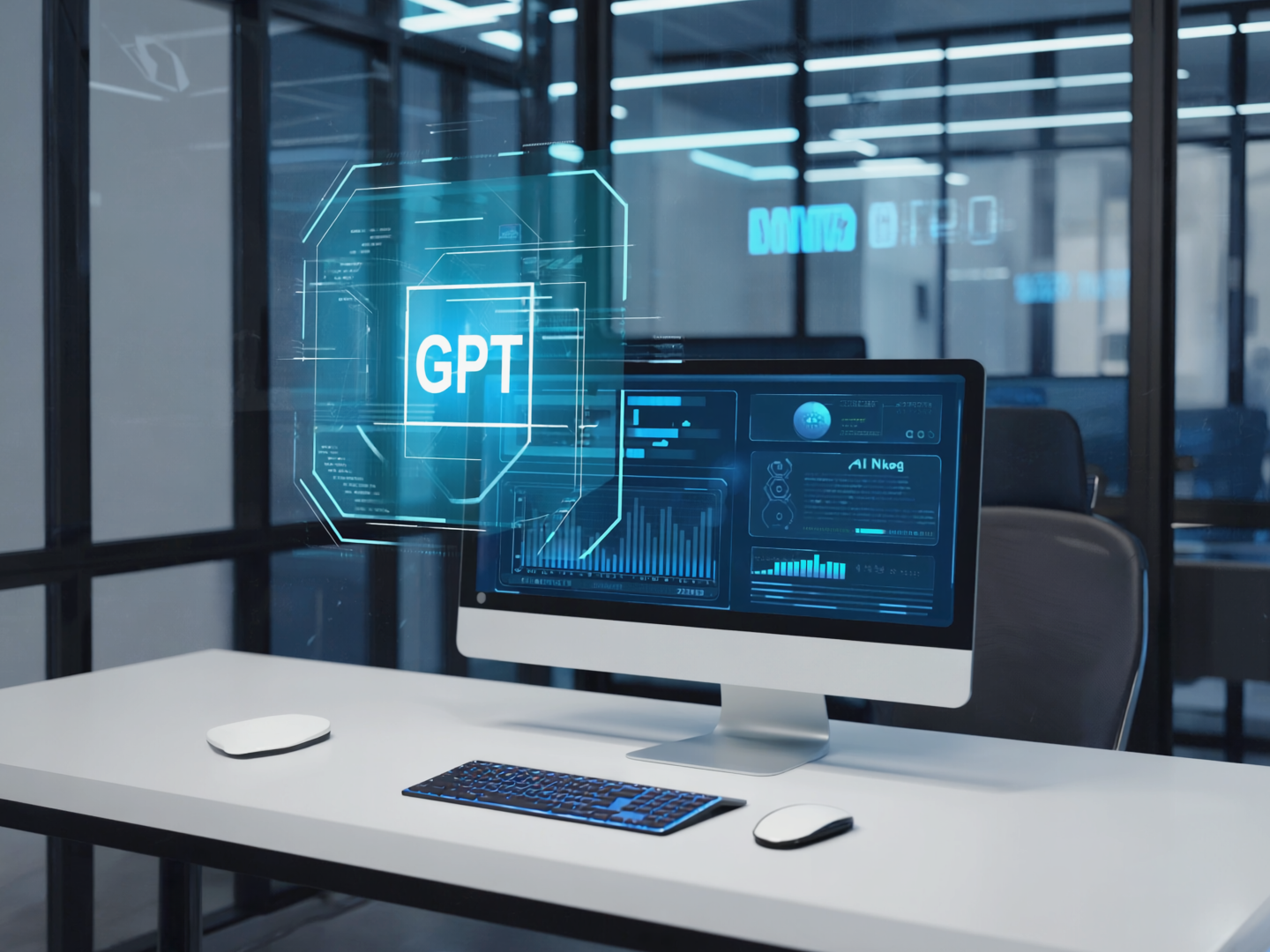
Machine Learning in Motor Insurance
Introduction
In recent years, the insurance industry has undergone significant transformations, largely fueled by advancements in technology. Among these, machine learning (ML) stands out as a revolutionary force, particularly in the realm of motor insurance. Motor insurance, a critical component of the insurance sector, has traditionally relied on historical data and actuarial tables to assess risk and determine premiums. However, the integration of machine learning offers a more dynamic, accurate, and efficient approach to risk assessment, fraud detection, and customer service. The importance of machine learning in motor insurance cannot be overstated, as it promises to enhance operational efficiency, improve customer satisfaction, and ultimately, boost profitability.

Key Points and Analysis
Machine learning, a subset of artificial intelligence, involves the use of algorithms and statistical models to enable computers to perform specific tasks without explicit instructions. In motor insurance, ML algorithms analyze vast amounts of data to identify patterns and make predictions. One of the primary applications is in risk assessment and pricing. Traditional models often rely on static data, such as age, gender, and driving history. In contrast, machine learning can process dynamic data inputs, such as real-time driving behavior, road conditions, and even weather patterns, to provide a more personalized risk profile and, consequently, a more accurate premium.
Another critical area where ML is making an impact is fraud detection. Insurance fraud is a perennial problem, costing the industry billions annually. Machine learning algorithms can analyze claims data to detect anomalies and identify suspicious patterns that may indicate fraudulent activity. This not only helps in reducing fraudulent claims but also in speeding up the processing of legitimate claims, thereby improving customer satisfaction.
Furthermore, machine learning enhances customer service through chatbots and virtual assistants that provide 24/7 support, process claims, and answer policy-related questions, offering a seamless customer experience.
Industry Impact and Applications
The application of machine learning in motor insurance is already yielding significant industry impacts. Insurers are leveraging telematics—devices that collect and transmit data on driving habits—to offer usage-based insurance (UBI) policies. These policies, powered by ML, provide drivers with personalized premiums based on their actual driving behavior rather than static demographic factors. This not only incentivizes safer driving but also aligns premiums more closely with individual risk levels, resulting in fairer pricing.
Moreover, machine learning is transforming the claims process. By automating the initial stages of claims assessment, insurers can expedite the process, reduce operational costs, and minimize human error. For instance, computer vision, a branch of ML, can be used to assess vehicle damage from photographs, reducing the need for manual inspections.
The industry is also witnessing a shift towards predictive maintenance, where ML algorithms analyze vehicle data to predict mechanical failures before they occur. This proactive approach helps in mitigating risks and reducing claims related to vehicle breakdowns.
Future Implications
The future implications of machine learning in motor insurance are profound. As technology continues to evolve, the potential for even more sophisticated applications of ML emerges. The integration of the Internet of Things (IoT) with machine learning could lead to more comprehensive data collection, enhancing risk assessment and enabling real-time adjustments to premiums.
Autonomous vehicles, which are expected to become more prevalent, will further transform the landscape. Machine learning will play a crucial role in developing insurance models that account for the reduced human element in driving risk.
Additionally, the ethical considerations surrounding data privacy and algorithmic bias will need to be addressed. As insurers increasingly rely on personal data and automated decision-making, ensuring transparency and fairness will be crucial to maintaining consumer trust.

Conclusion
Machine learning is undeniably reshaping the motor insurance industry, offering unprecedented opportunities for innovation and efficiency. By enabling more accurate risk assessment, enhancing fraud detection, and improving customer service, ML stands to benefit both insurers and policyholders. However, as with any technological advancement, it comes with challenges that must be navigated carefully. As the industry continues to embrace machine learning, a balanced approach that considers both the potential benefits and the ethical implications will be essential. In doing so, the motor insurance industry can harness the full potential of machine learning to create a future that is not only more efficient and profitable but also more equitable and customer-centric.
aecenas sollicitudin purus id leo vehicula lacinia quam vulputate dapibus fermentum metus, nec euismod nulla dapibus nasac metus nunc rabitur euntum




